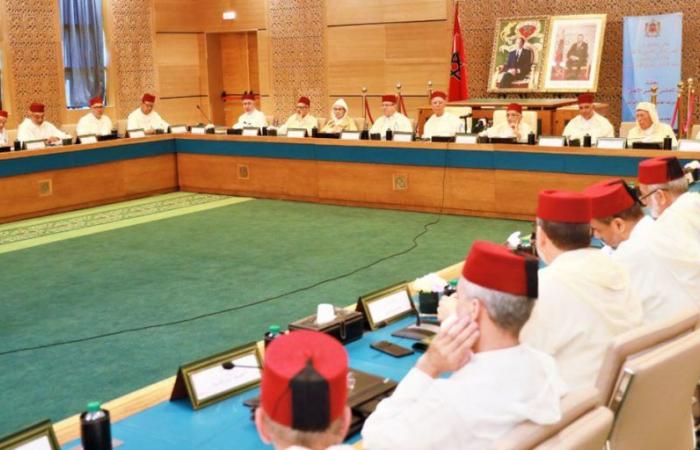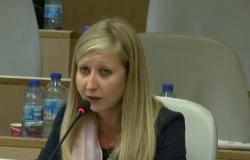The Sovereign, as President of the Higher Council of Ulemas, gave his instructions last Friday to examine certain issues contained in the proposals of the Authority responsible for revising the Family Code. The referral, in the form of a Fatwa from the Higher Council of Ulemas, is of crucial importance. It will define the threshold of reform, especially for issues of discord that require harmonization between the principles of Islam and the aspirations of Moroccan society for greater equality and social justice.
It was to be expected. King Mohammed VI, as President of the Higher Council of Ulemas, gave his instructions last Friday for the examination of certain issues contained in the proposals of the Authority responsible for the revision of the Family Code. This royal submission to the Higher Council of Ulemas comes three months after the submission, on March 30, 2024, to the Head of Government of the report of the proposals of this authority which was subsequently submitted for the appreciation of King Mohammed VI. As a result, the communiqué of the Royal Cabinet, which was the subject of the decision, marks a crucial moment in the process of revising the Family Code in Morocco.
As a reminder, in the Royal Letter addressed in September 2023 to the Head of Government relating to the revision of the Family Code, the King, as Commander of the Faithful and Guarantor of the Rights and Freedoms of Citizens, demanded the submission of the conclusions of the extended meetings in the form of amendment proposals within a period not exceeding six months, which was done within the allotted time.
After six months of hearings, the Commission responsible for the revision of the Family Code transmitted, on March 30, the report containing the proposals of the Authority responsible for the revision of the Family Code. After the opinion of the Council of Ulemas, with reference to the principles and precepts of the Muslim religion, the final version will then be prepared with a view to its submission for approval to Parliament.
The only authority authorized to issue Fatwas
The referral to the Higher Council of Ulemas is crucial because it will define the threshold of reform, especially for sensitive issues that require a balance and harmonization between the principles of Islam and the aspirations of Moroccan society for greater equality and social justice.
Created by Dahir No. 1.80.270 of April 8, 1981 and reorganized in accordance with the provisions of Dahir No. 1.03.300 of April 22, 2004, it is this body that studies the questions submitted to it by the King taking into account the religious dimension inherent in the reform of the Family Code, in particular the Fatwa that certain proposals require. The latter are related to religious texts, hence the decision to appeal to the Higher Council of Ulemas which is, in accordance with Article 41 of the Constitution, the only body authorized to issue officially approved Fatwas.
The Sovereign also invited the Higher Council of Ulemas to take into account, in the preparation of its Fatwa, the content of the Royal Letter addressed to the Head of Government. “We are concerned that the desired upgrade be carried out in total agreement with the spirit of Sharia and the specificities of Moroccan society. We also want it to be carried out according to an approach marked by the seal of moderation, open Ijtihad, consultation, and dialogue,” the King stressed in his Letter which set out the attributions for this major project for the Morocco of tomorrow.
The EESC has already recommended a revision of the Code of the family
Furthermore, the EESC has already recommended a revision of the Family Code. For this body, equality between women and men cannot be achieved without a legal framework in harmony with the country’s ambitions. This is why the EESC and other bodies consider that it was time to carry out a revision of the Family Code, in accordance with the Constitution and in accordance with the international conventions ratified by Morocco and in line with the ambitions of women’s emancipation and gender equality enshrined in the New Development Model.
Indeed, since 2004, Morocco has had a new Family Code. However, nearly 20 years later, Morocco is faced with failures and discrimination (guardianship of children, early marriage, property acquired during married life, delays in divorce proceedings, inheritance and many others). Hence the need to support the evolution of Moroccan society and the development of national legislation that has become obsolete.
Yassine Saber / ECO Inspirations






